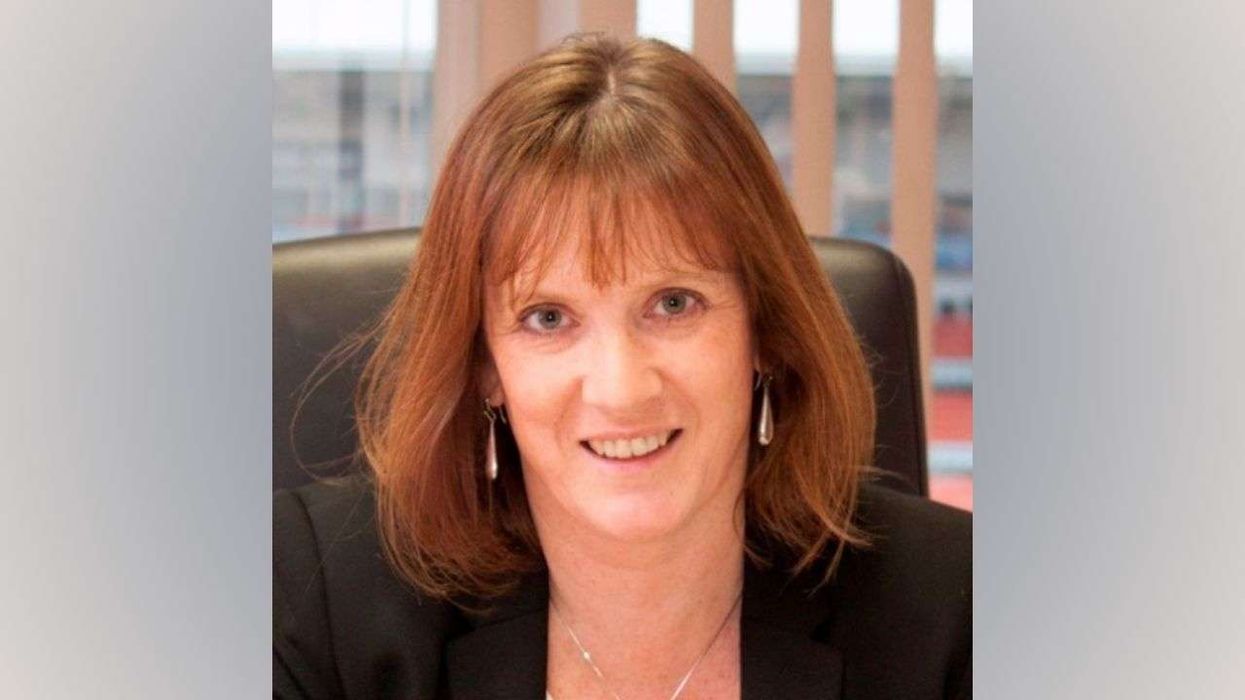The Pharmacist' Defence Association (PDA) has welcomed the General Pharmaceutical Council (GPhC) and the Pharmaceutical Society of Northern Ireland (PSNI)’s plan to ensure a more robust, fair and positive experience for trainees, provisionally registered and potential pharmacists who will be sitting the November 2022 assessment.
“Many candidates at the latest (June 2022) assessment experienced significant delays, technical issues, inadequate invigilation, and disturbances in test centres around the UK as the newly appointed company BTL ran the high-stakes pharmacist examinations for the first time. The next online exam is due in November 2022 and the PDA welcome proposed improvements to be introduced before that sitting,” said the association.
For some, provisional registration was the accepted response from the GPhC, but for others, such as potential pharmacists who did not want the provisional role, those unable to find a suitable provisional post, or some that did not meet the criteria for provisional registration, they found themselves in financial difficulties through no fault of their own, having reasonably expected to have joined the register in the Summer.
In addition to supporting members, the PDA has met with the GPhC on an ongoing basis to help ensure that this situation does not happen again. Throughout the process, the PDA has recognized and welcomed the improved communication approach from the regulator and improvements to their speed of response to identify solutions.
It is welcome that some of the points raised by the PDA on behalf of members have been addressed with a view to implementing contingency plans to mitigate the risk of issues reoccurring in future assessments.
Issues raised
PDA members who experienced the June sitting wanted to see the following put in place prior to the November sitting:
• A transparent and supportive process – whilst GPhC have patient care foremost they also have a duty of care in their interactions with candidates and pharmacists.
• Efficient booking systems – many members could not log on, or secured bookings and then had their places changed.
• Timely and accurate communications – regular and clear communication reduces anxiety during stressful experiences.
• Test centres which are fit for purpose to hold high stakes examinations – hotels and some other venues used in June were not effective venues.
• Quality Assurance – of the project delivery and experiences during the process and on the day.
• Training of invigilators and test centre staff – these individuals need to be aware of the importance and process of high stakes exams and familiar with the policies and processes to which candidates need to adhere.
• A consistent approach across all centres – particularly in terms of ID and calculator checks and how regulatory policies in relation to the assessment are implemented.
• All equipment and fast internet access to be available and tested before examinations – this should be done comprehensively by BTL IT specialists to ensure the best user experience.
• Software upgrades and testing – to ensure user friendly experience for exams e.g. efficient question flagging and highlighter.
• Informed and empowered GPhC staff/Council members available on each site – to build confidence and to trouble shoot issues, make decisions and quality assure the days events.
• Toilet breaks and refreshments – available at all centres.
• Contingency plans – including paper examinations available on the day, if potentially necessary.
• Reasonable adjustments – upheld and supported properly on the day, for example ensuring the agreed extra time is given and is uninterrupted and quiet spaces are available to those who are allocated them.
• Better and Free revision resources – which reflect the professional status of the exams including more assessment questions for both Paper 1 and Paper 2. In June some candidates felt they had to spend extraordinary amounts of money, indeed sought financial credit, to secure revision materials and attend revision events.
The PDA BAME pharmacist network has also noted with concern the differences in performance results and require action from the GPhC to continue to identify and address the inequality in learning and training as part of their work on Equality Diversity and Inclusion. The network committee would be happy to support this area of work.
Improvements that have been agreed
The papers published to be discussed at the GPhC Council meeting on 8th September 2022 set out some clear improvements to the operational elements of the assessment process including:
• Changes to the delivery and assurance of the November assessment agreed with BTL.
• Improvements in the BTL booking and allocation system.
• GPhC staff present at every test centre.
• Test centres which can accommodate high stakes exams.
• Robust invigilator training.
• IT checks and resolution of technical and connection issues.
• Quality Assurance Committee
The PDA said it will continue to seek clarity and further improvements from the regulators regarding the remaining asks.











